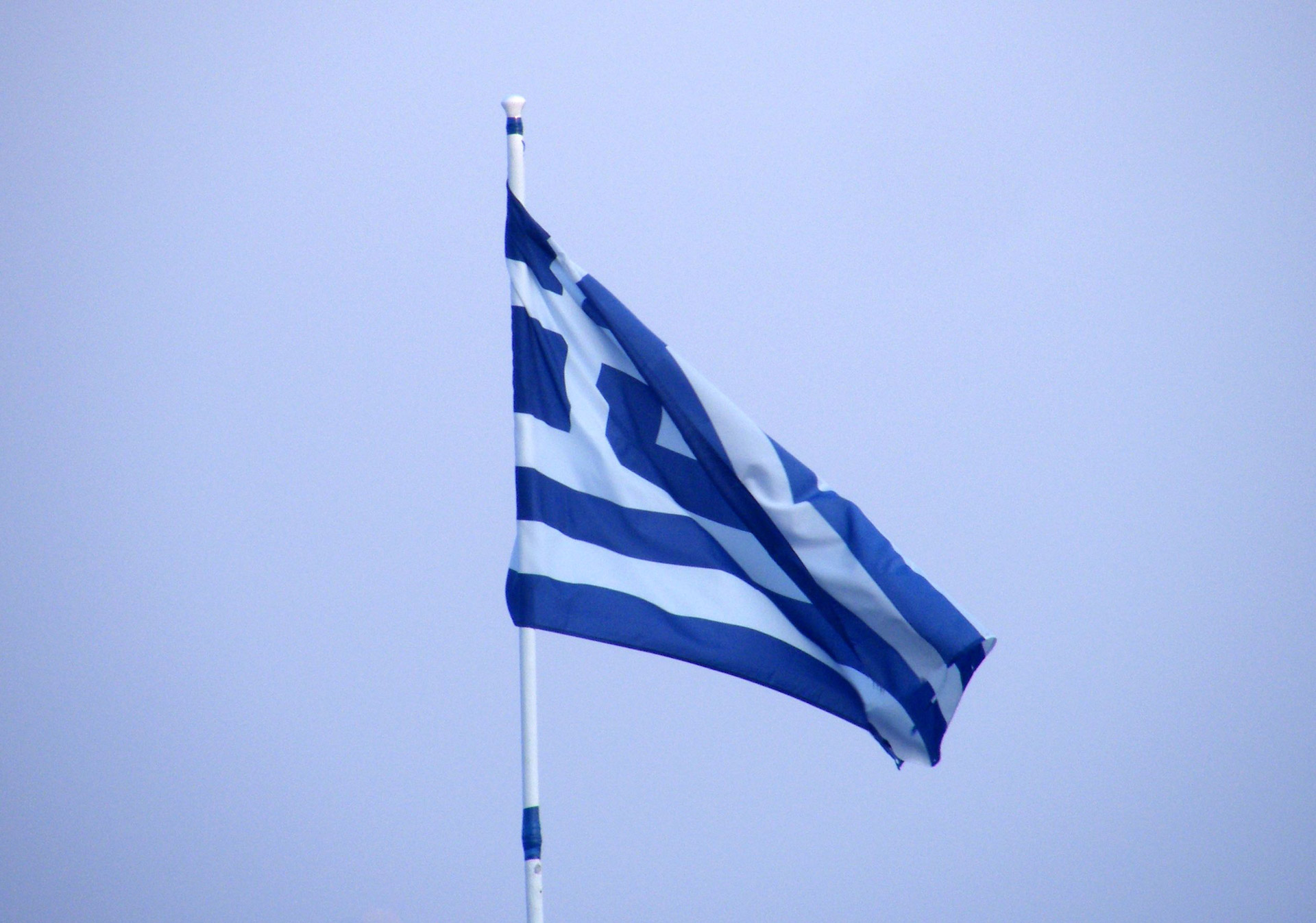Stable, but not healthy
Overcoming massive criticism, political resistance and gloomy forecasts, the Eurozone states together with the European Central Bank (ECB) and the International Monetary Fund (IMF) managed to overcome the most severe crisis from earlier known Europe. Not only Greece, but also Ireland, Portugal, Cyprus and Spain received the financial bailout from other European countries.
However, this lasted painfully long in Greece, as it was the Greeks who in 2015 elected a government that initially introduced chaos, and only afterwards was forced to act more sensible. Greece stood on the verge of bankruptcy three times over the past eight years, and even once was close to exclusion from the European monetary union.
With the united efforts of creditors and at the cost of great sacrifices on the part of the Greek people, it was finally possible to stabilize the state of the Greek "patient" to such an extent that it can already be discharged from the intensive care unit. However, he cannot be called a recovered person yet. Economic indicators still do not reach the pre-crisis level, unemployment is high, and competitiveness is too low. However, the direction of the reforms is correct, and the forecasts are favorable. Through the efforts of its left-wing radical government, Greece has regained the confidence of financial markets.
If Prime Minister Alexis Tsipras will stick to the current course of cooperation, the global experiment can end well. The euro area has also learned a lot for eight years. A giant rescue action with loans of almost 300 billion euros and a debt reduction of 100 billion euros are unprecedented events. And although mistakes also happened, the calculations were generally justified.
The Eurogroup has acquired new tools in order to be better prepared in case of a new emergence. However, the current discussion on the German-French proposals on the work of the monetary union demonstrates that more events should take place. The so-called "European stabilization mechanism", invented in conditions of emergency, but proved to be an effective measure, should be transformed into a full-fledged strong foreign exchange fund.
Ordinary Greeks lost a lot of money
Many Greeks, who felt decline in their standard of living because of the crisis, probably do not enjoy the end of the financial assistance program. They paid a high price for the long-standing mess in the economy generated by previous left and right governments. But it is too easy blaming euro creditors for these more than tangible losses.
Without a policy of economy, as well as without the necessary external control, Greece would have been bankruptcy, having felt the much more serious economic consequences of all this. This should be a reminder to other governments, for example, for a new populist cabinet in Italy: without a single European community and without a stretched security net, it is impossible to cope with financial and debt crises.
source: dw.de
Overcoming massive criticism, political resistance and gloomy forecasts, the Eurozone states together with the European Central Bank (ECB) and the International Monetary Fund (IMF) managed to overcome the most severe crisis from earlier known Europe. Not only Greece, but also Ireland, Portugal, Cyprus and Spain received the financial bailout from other European countries.
However, this lasted painfully long in Greece, as it was the Greeks who in 2015 elected a government that initially introduced chaos, and only afterwards was forced to act more sensible. Greece stood on the verge of bankruptcy three times over the past eight years, and even once was close to exclusion from the European monetary union.
With the united efforts of creditors and at the cost of great sacrifices on the part of the Greek people, it was finally possible to stabilize the state of the Greek "patient" to such an extent that it can already be discharged from the intensive care unit. However, he cannot be called a recovered person yet. Economic indicators still do not reach the pre-crisis level, unemployment is high, and competitiveness is too low. However, the direction of the reforms is correct, and the forecasts are favorable. Through the efforts of its left-wing radical government, Greece has regained the confidence of financial markets.
If Prime Minister Alexis Tsipras will stick to the current course of cooperation, the global experiment can end well. The euro area has also learned a lot for eight years. A giant rescue action with loans of almost 300 billion euros and a debt reduction of 100 billion euros are unprecedented events. And although mistakes also happened, the calculations were generally justified.
The Eurogroup has acquired new tools in order to be better prepared in case of a new emergence. However, the current discussion on the German-French proposals on the work of the monetary union demonstrates that more events should take place. The so-called "European stabilization mechanism", invented in conditions of emergency, but proved to be an effective measure, should be transformed into a full-fledged strong foreign exchange fund.
Ordinary Greeks lost a lot of money
Many Greeks, who felt decline in their standard of living because of the crisis, probably do not enjoy the end of the financial assistance program. They paid a high price for the long-standing mess in the economy generated by previous left and right governments. But it is too easy blaming euro creditors for these more than tangible losses.
Without a policy of economy, as well as without the necessary external control, Greece would have been bankruptcy, having felt the much more serious economic consequences of all this. This should be a reminder to other governments, for example, for a new populist cabinet in Italy: without a single European community and without a stretched security net, it is impossible to cope with financial and debt crises.
source: dw.de





